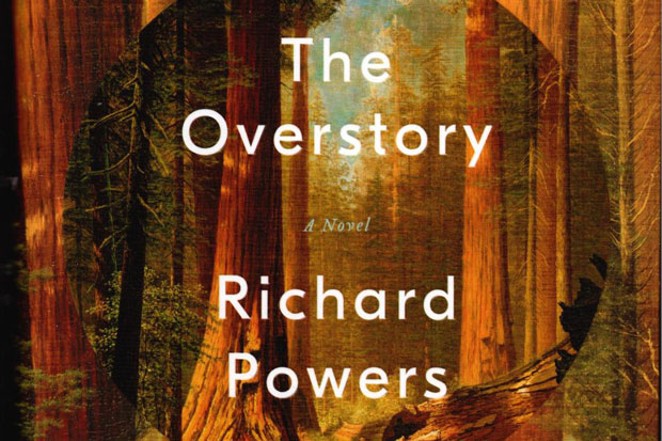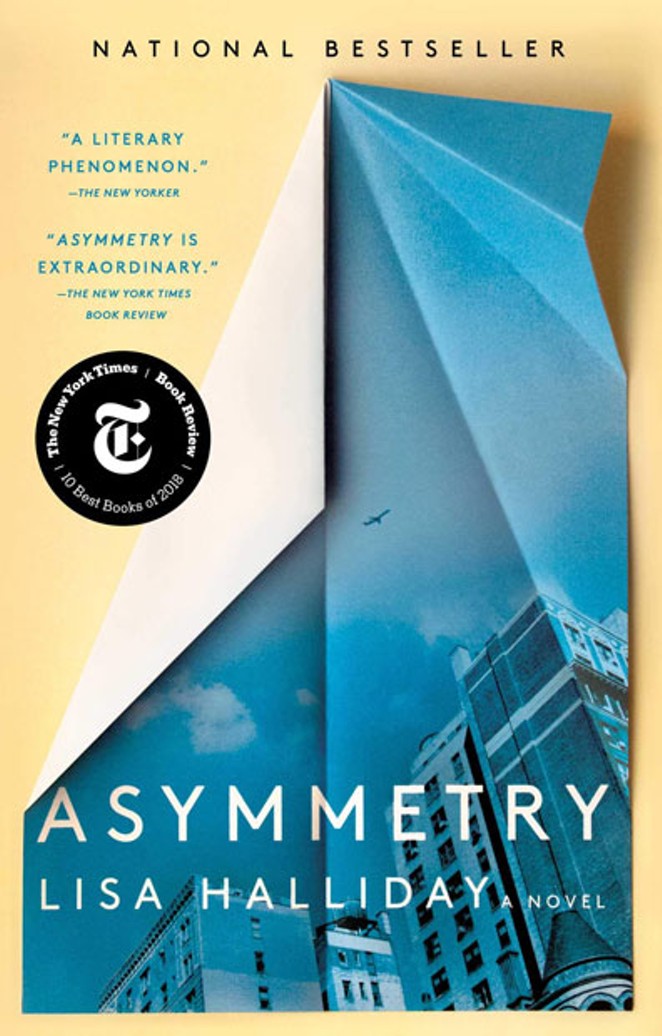Editor's note: In honor of this week's Poetry Issue—paying homage to local whizzes of the written word—I reached out to Tom at Dudley's, asking him to write a piece that would detail a concern he shared with me this fall, thereby connecting national policy to what's happening in your local bookshop.
Benjamin Franklin, the first Postmaster General, decided that disseminating knowledge to all colonists was important enough that newspapers and other printed materials should receive free or discounted mailing rates. It was important to the Founders that all colonists had affordable access to news and information. Fast forward almost 250 years and that access is—or soon will be—costing you more money than it did just a few months ago.
What changed? Tariffs.
Specifically, a 10% tariff enacted on Sept. 1 that applies to all books printed in China and imported into the United States. But wait, you say, don't we print most of our books here in the U.S.? Not nearly as many as you'd think.
Why is it happening? As CNBC's Spencer Kimball put it, "The trade war between the U.S. and China started more than a year ago, but past rounds of duties have mostly impacted parts and components that are not obvious to the average consumer."
Here's a look at how we got here and what this might mean for readers moving forward:
Over the last three decades, U.S. printers—specifically those that manufacture the books you find in any bookstore—have undergone a contraction through closures and mergers. With fewer presses available and a lack of skilled labor, publishers have been forced to turn to China to create some of the more complex four-color print runs, especially those found in many children's books.
No big deal, right? On the contrary. With fewer printers in the U.S. and the longer shipping times from China, consumers got a taste of what this means during the holiday season last year. Instead of requesting and getting a rushed reprint back into stores in two weeks, publishers were being told that such reprints could take up to two months. Popular titles such as "The Overstory," "Salt Fat Acid Heat" and "Asymmetry" were largely unavailable for much of the holiday shopping season—much to the dismay of both readers and booksellers like us, who depend on strong holiday sales.
Given the current state of the printing industry, publishers are almost forced to print in China, so the punitive pricing embedded in the tariffs affects U.S. readers, booksellers and publishers.
tweet this
Moving forward, this year some publishers have advised us to order popular titles in large enough initial quantities to get through the entire season. Reprints may or may not be available in December. The cash flow strain of having to order two dozen copies of a book that may not sell completely for three months is no small matter for independent bookstores, which might normally order four to six copies of a book and then restock as needed.
The other big question: What does this means for the price of books? While we've seen some publishers place stickers with new, higher prices over the prices already printed on the book, most industry experts expect prices to remain fairly stable for the rest of this year. Looking ahead, though, expect price increases anywhere from 25 cents up to $2 or $3 per book. Sadly, there's really no other way to view this than as a tax on information, which goes against longstanding U.S. policy to not impose tariffs on educational, cultural or scientific materials.
Are these tariffs on books truly necessary?
Given the current state of the printing industry, publishers are almost forced to print in China, so the punitive pricing embedded in the tariffs affects U.S. readers, booksellers and publishers. Meanwhile, the federal government has exempted Bibles from the tariffs and has delayed tariffs on mobile phones, laptops and game consoles. Draw your own conclusions as to whom the administration is really trying to punish with these particular tariffs.
Safe to say that Mr. Franklin would not be pleased.























